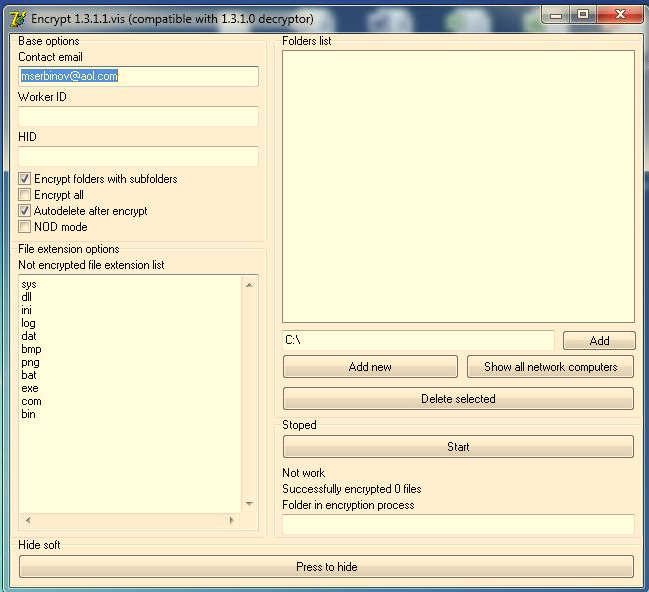Ubuntu Security Notice USN-3251-1
29th March, 2017
linux, linux-raspi2 vulnerability
A security issue affects these releases of Ubuntu and its
derivatives:
- Ubuntu 16.10
Summary
The system could be made to crash or run programs as an administrator.
Software description
- linux
– Linux kernel - linux-raspi2
– Linux kernel for Raspberry Pi 2
Details
It was discovered that the xfrm framework for transforming packets in the
Linux kernel did not properly validate data received from user space. A
local attacker could use this to cause a denial of service (system crash)
or execute arbitrary code with administrative privileges.
Update instructions
The problem can be corrected by updating your system to the following
package version:
- Ubuntu 16.10:
-
linux-image-4.8.0-45-powerpc-e500mc
4.8.0-45.48
- linux-image-powerpc-smp 4.8.0.45.57
- linux-image-powerpc-e500mc 4.8.0.45.57
-
linux-image-4.8.0-45-generic-lpae
4.8.0-45.48
- linux-image-generic 4.8.0.45.57
-
linux-image-4.8.0-45-generic
4.8.0-45.48
- linux-image-generic-lpae 4.8.0.45.57
-
linux-image-4.8.0-1032-raspi2
4.8.0-1032.35
-
linux-image-4.8.0-45-powerpc-smp
4.8.0-45.48
-
linux-image-4.8.0-45-lowlatency
4.8.0-45.48
- linux-image-lowlatency 4.8.0.45.57
- linux-image-raspi2 4.8.0.1032.36
To update your system, please follow these instructions:
https://wiki.ubuntu.com/Security/Upgrades.
After a standard system update you need to reboot your computer to make
all the necessary changes.
ATTENTION: Due to an unavoidable ABI change the kernel updates have
been given a new version number, which requires you to recompile and
reinstall all third party kernel modules you might have installed.
Unless you manually uninstalled the standard kernel metapackages
(e.g. linux-generic, linux-generic-lts-RELEASE, linux-virtual,
linux-powerpc), a standard system upgrade will automatically perform
this as well.

